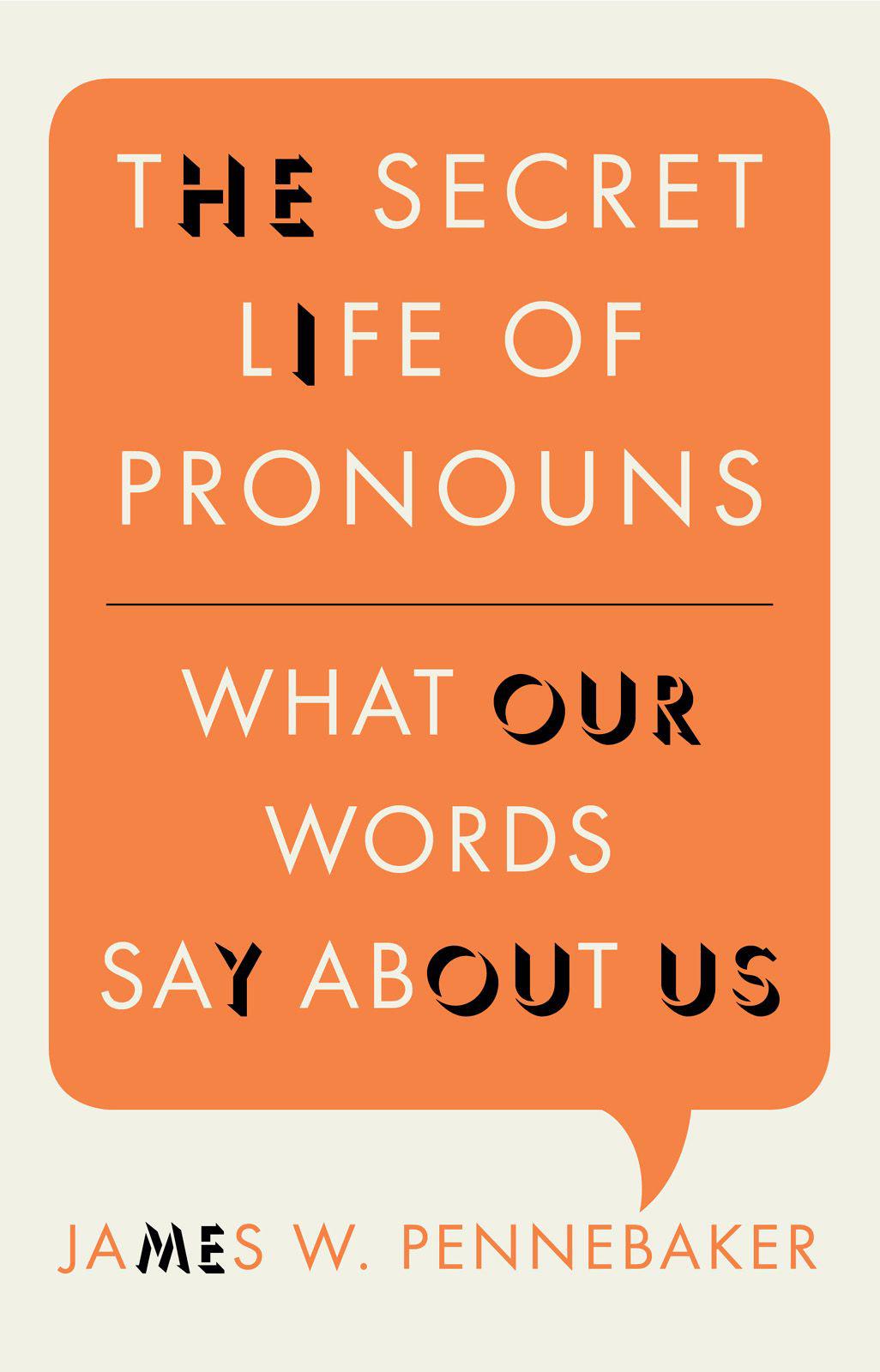
The Secret Life of Pronouns
What Our Words Say About Us
کتاب های مرتبط
- اطلاعات
- نقد و بررسی
- دیدگاه کاربران
نقد و بررسی

May 9, 2011
In this intriguing treatise on computational linguistics, Pennebaker (Writing to Heal), chair of psychology at the University of TexasâAustin, probes innocuous "function words"âsuch as pronouns, prepositions, and articlesâfor clues to hidden states of mind. Deploying computer analyses of word-use frequency, he conducts an exercise in psychological and demographic profiling by means of verbal tell-tales: people who overuse articles, nouns, prepositions, and the word "we," for example, tend to be old, male, high-status, and cheerful, while people who overuse pronouns, verbs, and the word "I" tend to be young, female, low-status, and depressed. Pennebaker's accessible, entertaining account dissects a riotous assortment of language samples, from presidential speeches and Shakespeare to Beatles songs and Lady Gaga tweets, expounding on everything from the self-absorbed "language of suicidal poets" to the circumlocutions of liars. He's not always trenchantâOsama bin Laden's rhetoric betrayed a "need for power," he revealsâand he's sometimes overly reductionist; he speculates that poets Robert and Elizabeth Barrett Browning's "tend to use function words similarly... may explain why the two were so attracted to one another," and then graphs their relationship. Still, Pennebaker's take on the unexpected importance of throw-away words is the kind of fun pop linguistics readers devour. B&w illus.

August 1, 2011
A comprehensive investigation of how our words—what we say and how we say it—reveal important insights about our behavior, emotions and personalities.
Pennebaker (Psychology/Univ. of Texas; Writing to Heal, 2004, etc.) is well-known in psychotherapy circles for his work in the way language and mental health correspond. Here, the author continues exploring this connection between emotion, behavior, perception, cognition and language with a specific focus on what he calls "stealth words," or the small function words in our lexicon, like prepositions and pronouns, that are seemingly invisible in day-to-day speech. Pennebaker's own research and analysis of other linguistic and psychological studies is exhaustive and includes an immense amount of computational data via analytical programs like Linguistic Inquiry and Word Count (or LIWC) and methods like LSM or language style matching detection. However, the author balances his data analysis with interesting and entertaining anecdotes, examples, narratives and dialogue, and his research sampling is vast: tweets by Paris Hilton and Oprah Winfrey, online dating profiles, King Lear, love letters between Elizabeth Barrett Browning and Robert Browning vs. the language of Sylvia Plath and Ted Hughes, samples of instant messaging, scenes from The Godfather, presidential press conferences and more. The author successfully demonstrates that seemingly innocuous function words—I, me, you, he, can, for, it, of, this—play a crucial role in understanding identity, detecting emotions and realizing intention; they also provide important clues about social and cultural cohesion. In addition to these varied language samples, Pennebaker investigates a wide range of situations and topics including trauma from war or abuse, social and gender inequity and relationships of power, as well as daily self-perception or self-deception. Some assertions that seem like hasty generalizations—i.e., that couples who use parallel function words are more likely to have a happy marriage—are supported with such a preponderance of evidence that they become convincing and compelling.
Essential reading for psychotherapists and readers interested in the connection between language and human behavior, emotion and perception.
(COPYRIGHT (2011) KIRKUS REVIEWS/NIELSEN BUSINESS MEDIA, INC. ALL RIGHTS RESERVED.)

























دیدگاه کاربران